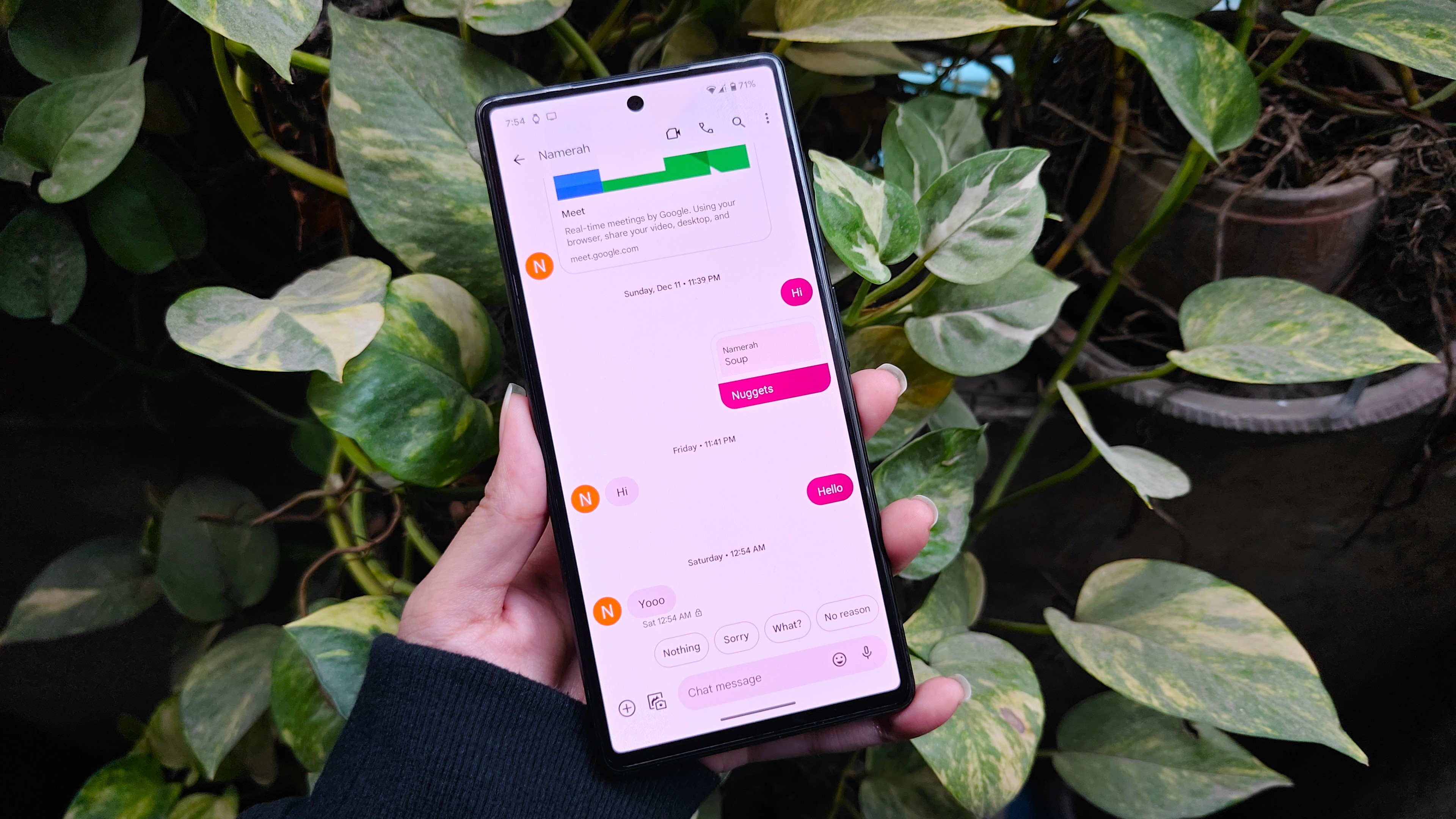MediaTek is doing what Qualcomm should've done
This isn't what I was expecting.
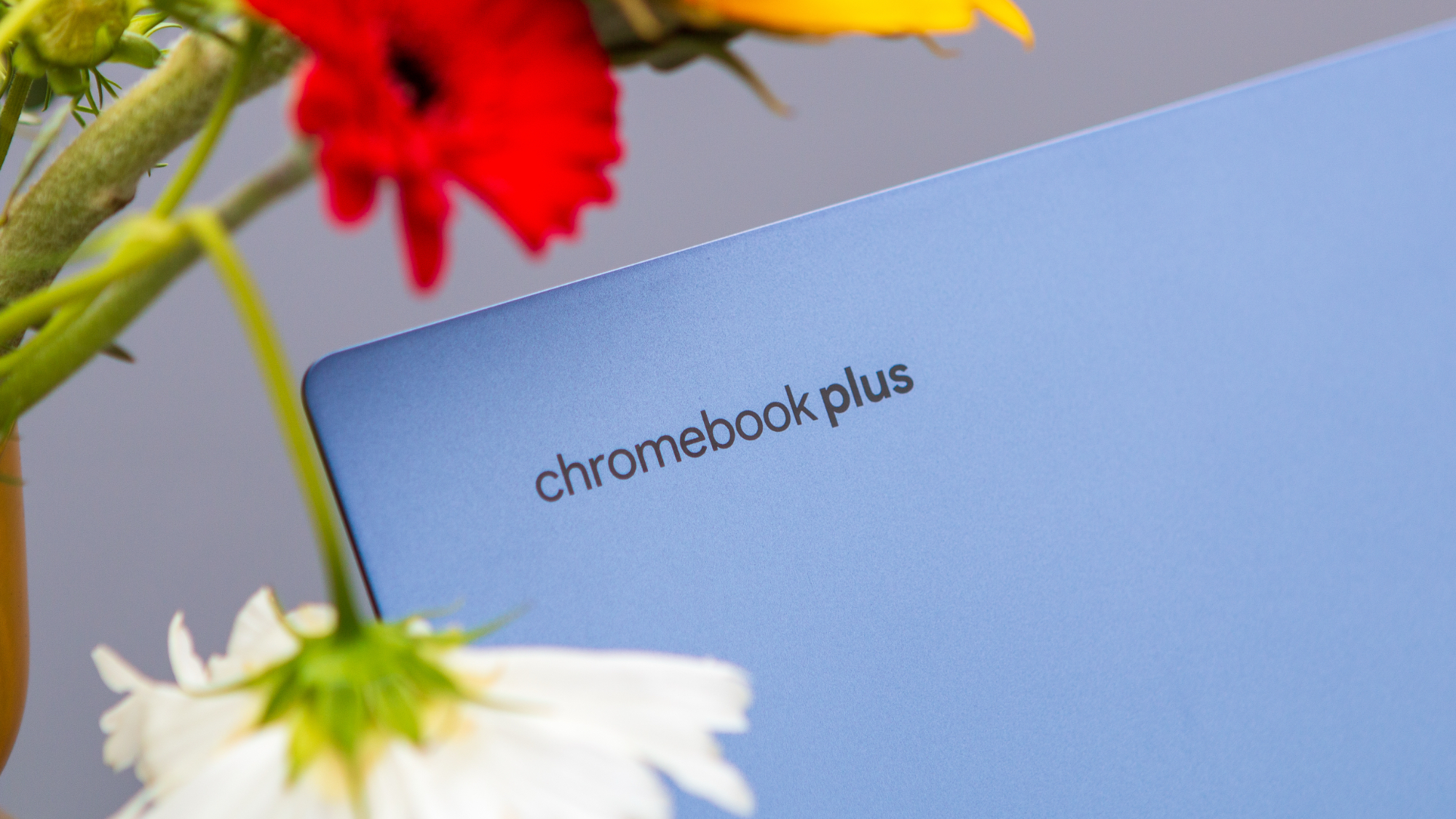
Over the past few years, I've written about how Chromebooks are the perfect devices for Arm processors. No, I'm not talking about the ones that we already have, I'm talking about the ones that are found in a lot of fantastic Windows laptops. Which includes Qualcomm's Snapdragon X Elite, which debuted in late 2023.
I was hopeful that, eventually, Chromebook makers would get around to at least offering something with a flagship Arm SoC; as it turns out, we are, just not from Qualcomm. Instead, MediaTek is swooping in with its recent announcement of the Kompanio Ultra, designed specifically "for the next generation of Chromebook Plus devices."
There are a couple of big selling points for processors using this architecture, as opposed to x86. Having a Chromebook that is both powerful and battery-efficient is pretty much the dream. As it currently stands, you can pick one or the other, but very few of the best Chromebooks manage to achieve both.
What matters most
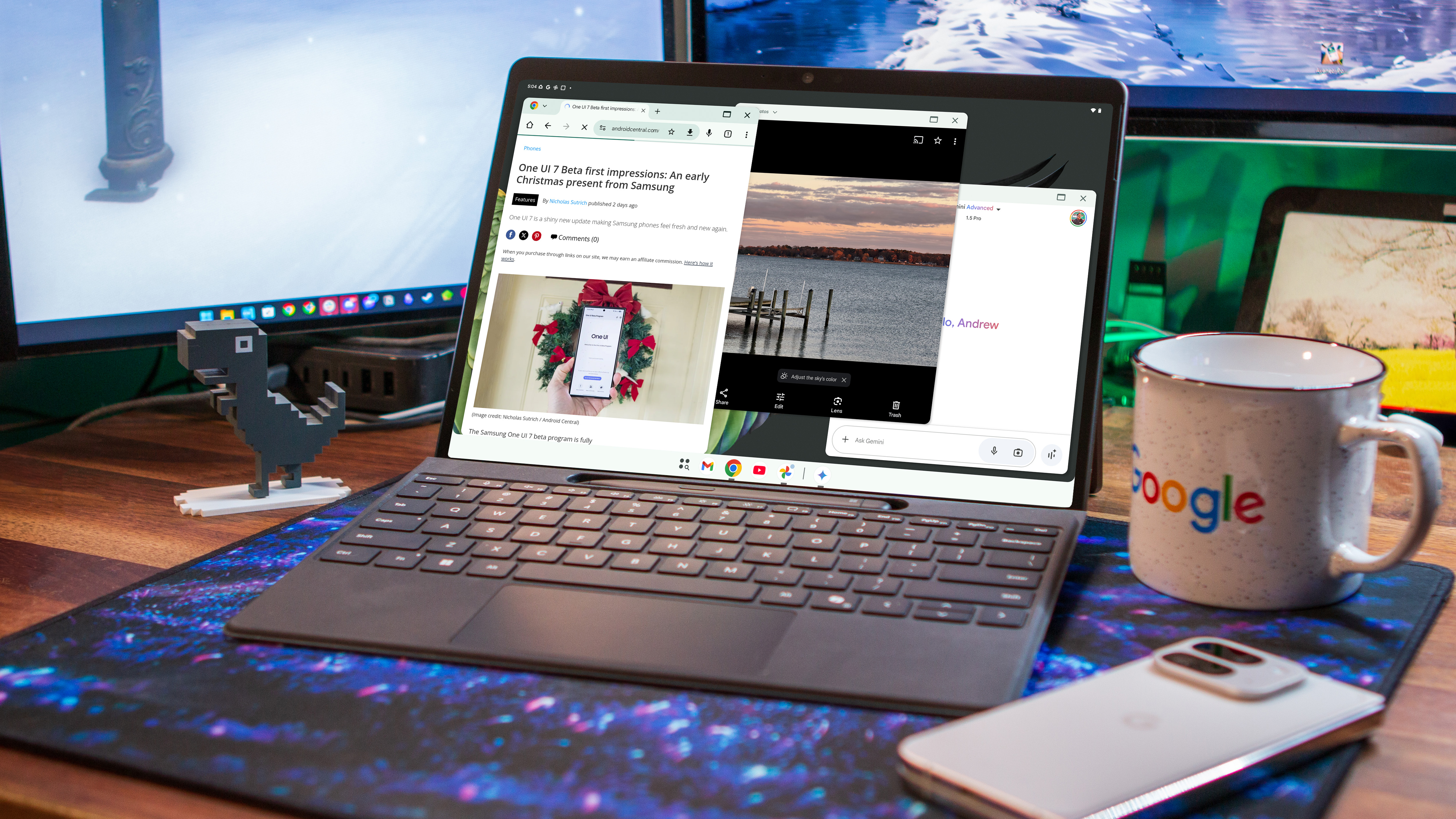
Meanwhile, Arm-powered laptops are usually lighter and more compact, making them perfect for students. This is partially why Lenovo's Chromebook Duet line remains a fan favorite. It's compact and powerful (enough) while also being pretty affordable compared to other tablets and laptops.
While I love the Duet, especially the Duet 11, it still doesn't scratch the itch for me in the same way that my Surface Pro 11 does. To be clear, these are not competitors in anything other than form factor, as the Surface starts at $999 for the base model Snapdragon X Plus or $1,499 for the X Elite. Meanwhile, the Duet 11 retails for $399 in its base configuration, which happens to include a keyboard folio cover and a stylus, two things you'll have to pay extra for with the Surface.
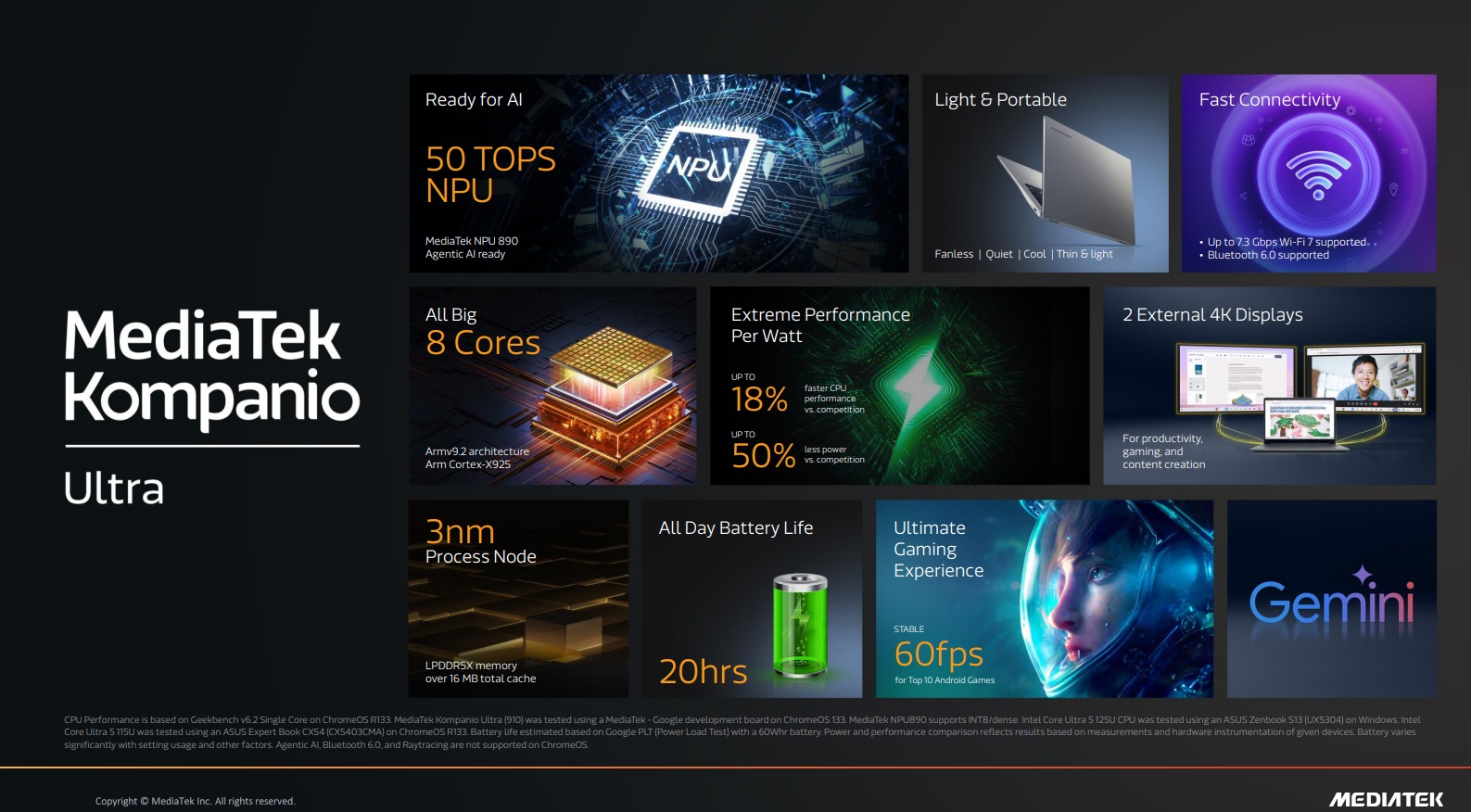
That being said, when introducing the Kompanio Ultra, MediaTek hit all of the important talking points for someone who wants a powerful and efficient device. Battery life is rated for up to 20 hours on a single charge, thanks in part to it consuming up to "50% less power vs. competition."
The Ultra even supports LPDDR5X memory, is built on a 3nm process, and features an "all-big-core CPU structure." As a result, MediaTek claims the Ultra will provide "up to 18% faster CPU performance" while making it possible to play the best Android games at a stable 60fps. Oh, and for you AI enthusiasts, the Ultra's NPU 890 has you covered with its 50 TOPS NPU for "greater on-device generative AI processes."
Be an expert in 5 minutes
Get the latest news from Android Central, your trusted companion in the world of Android
Chromebook Plus expansion
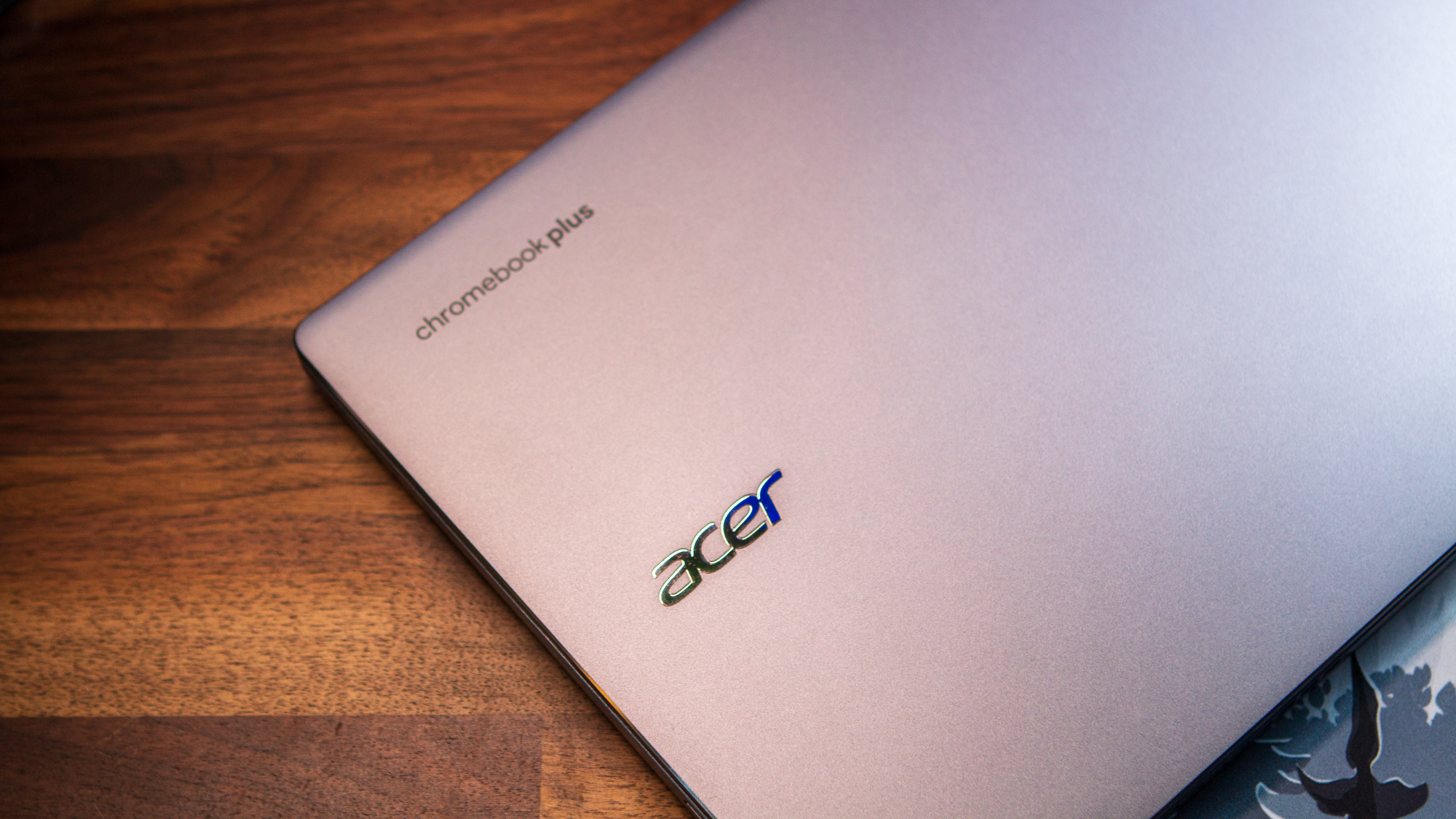
So far, it seems that MediaTek absolutely nailed it, and now we just have to wait for new Chromebooks to arrive. This leads me to something that's arguably just as important as getting flagship Arm chips, and that's an expansion to the Chromebook Plus requirements.
This part of the announcement kind of flew under the radar and wasn't even something that I immediately noticed when going through the press materials. Until now, Chromebook Plus models have been required to rely on either an Intel Core i3 12th Gen or higher or an AMD Ryzen 3 5000 series or higher.
Which has left some very good options from receiving the Chromebook Plus branding on the lid. This includes the Chromebook Duet 11, which technically meets all of Google's requirements except for the Kompanio 838 processor. As such, the Duet 11 is just a Chromebook and not a "Plus."
Time for a refresh
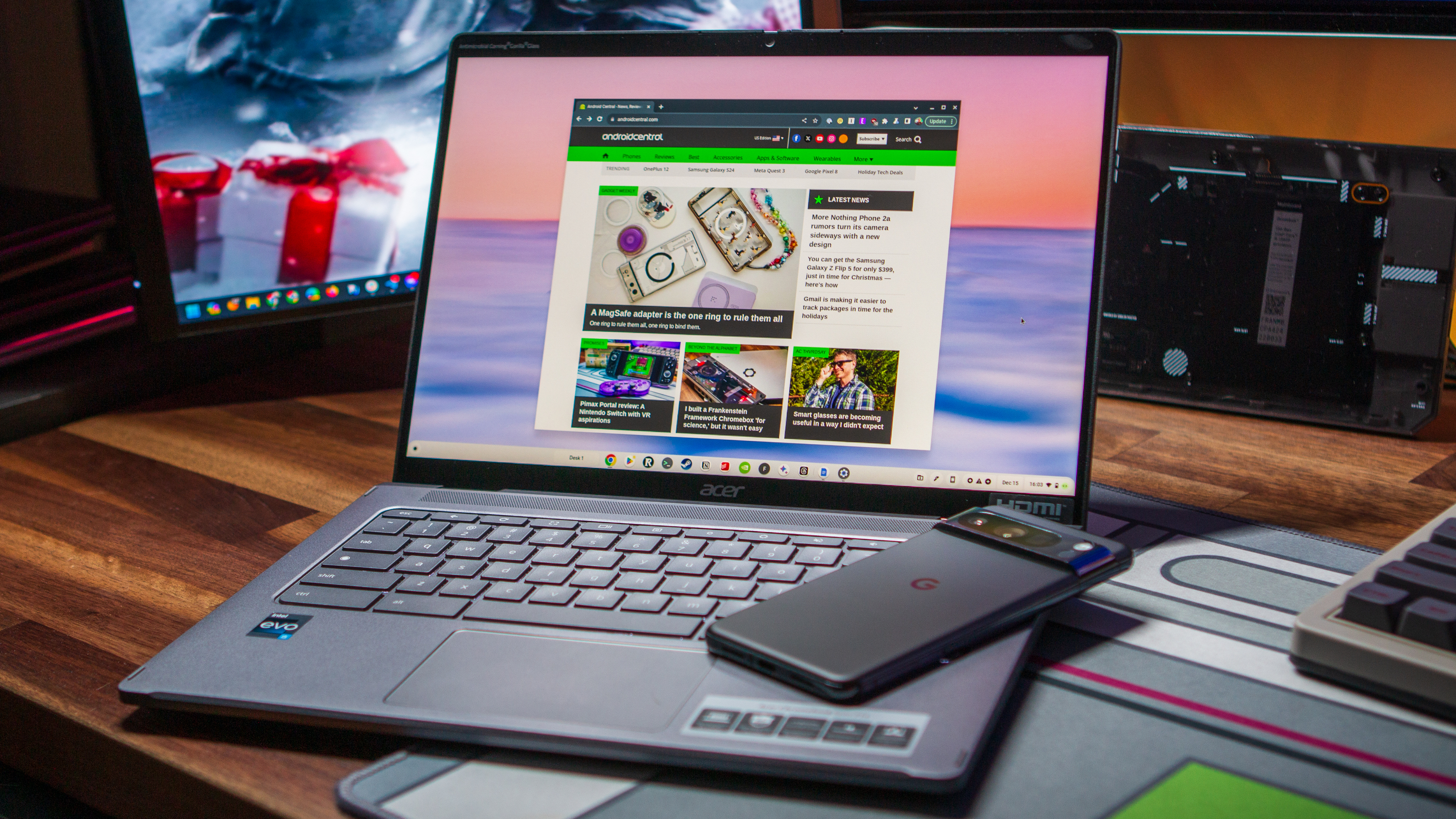
This is huge, as it could spawn a wave of new and exciting Chromebooks, all powered by MediaTek. I don't want to put the cart before the horse just yet, but so far, things are looking promising. I just still can't help but wonder why Qualcomm stood by and did nothing, only to let MediaTek reap the rewards.
Funnily enough, maybe the here existence of this article will result in Qualcomm announcing a new chip for Chromebooks in the coming weeks. Hey, apparently, it worked after I wrote about whether we were witnessing a slow death for Chromebooks, so it could work for Qualcomm, too, right?

Andrew Myrick is a Senior Editor at Android Central. He enjoys everything to do with technology, including tablets, smartphones, and everything in between. Perhaps his favorite past-time is collecting different headphones, even if they all end up in the same drawer.
You must confirm your public display name before commenting
Please logout and then login again, you will then be prompted to enter your display name.
